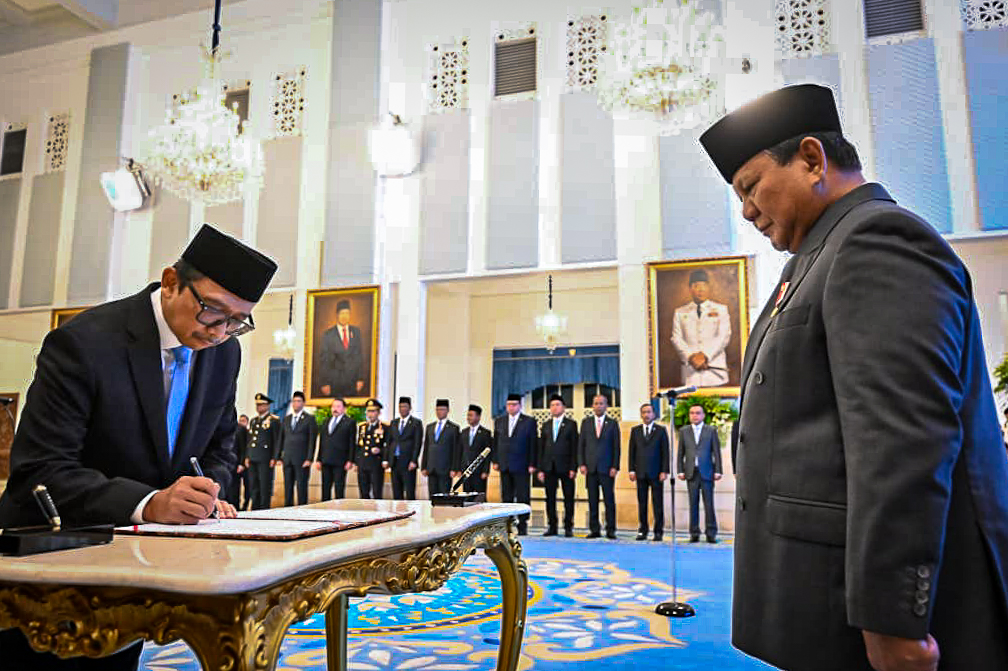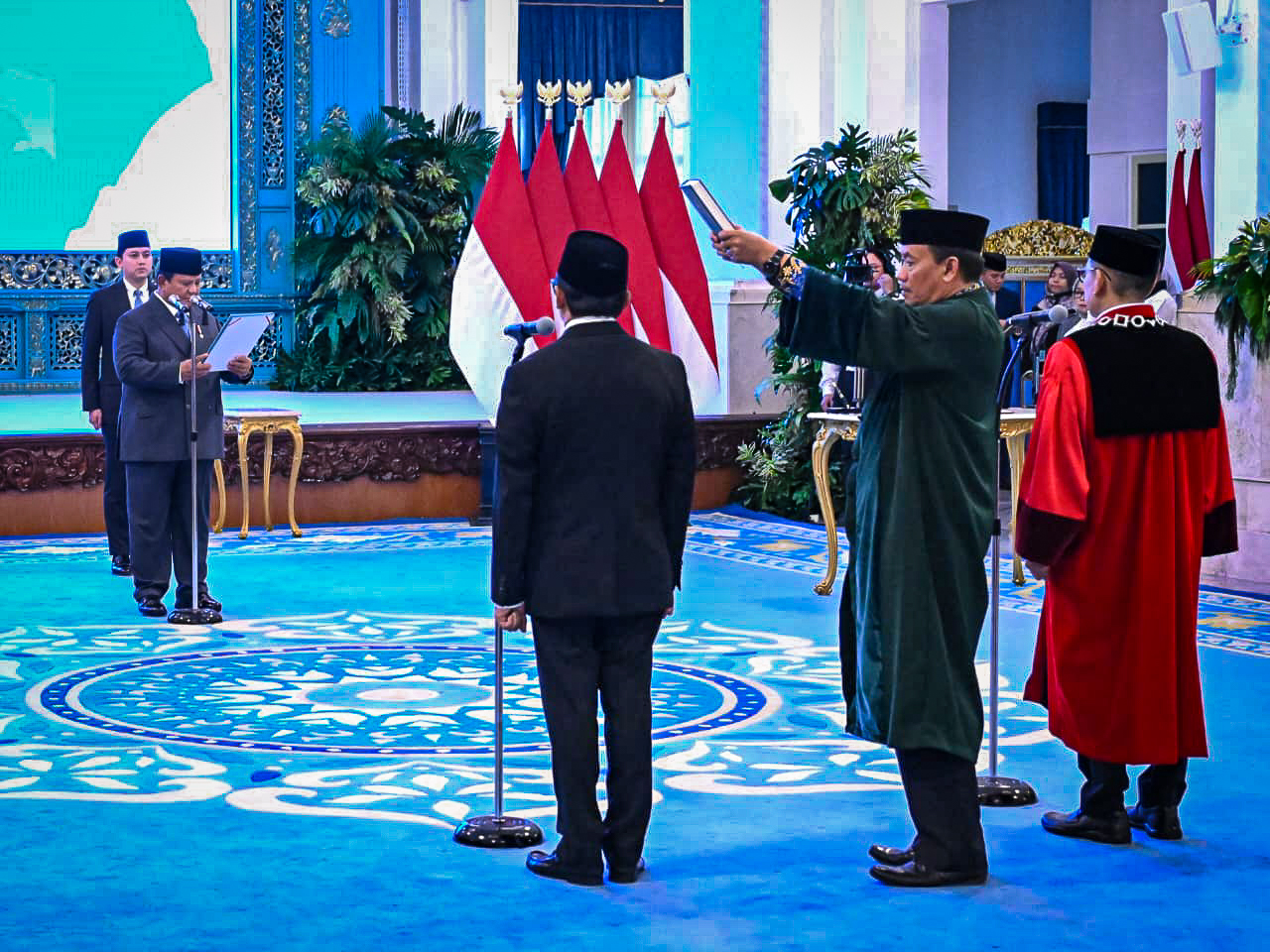Minister: Gov’t Focuses on Maintaining Investment Flows for Future Development

Coordinating Minister for Economic Affairs Airlangga Hartarto (Photo by: ekon.go.id)
In the last decade, Indonesia’s economy has been showing a stellar performance, as evidenced from the success in maintaining economic growth at a good level, especially during post pandemic period. According to the World Bank, Indonesia’s economy is expected to grow by 5%-5.2% in 2024-2025 or back to its growth or higher rate as before the pandemic.
As of September 2024, inflation rate is managed at 1.84% (yoy), which is in the target range of 2.5%±1%. A low and stable inflation rate, as well as increasing growth of spending volume, reflects robust people’s people’s purchasing power that also supports national economic growth. On the other hand, deflation that occurred for five consecutive months was also more influenced by the decline in the prices of several food commodities.
“Core inflation is in line with the trend but volatile food was brought to low level. The Government holds weekly meeting since our strategy to manage inflation rate is different from that of other countries. We also provide fiscal incentives to maintain food commodity prices,” Coordinating Minister for Economic Affairs Airlangga Hartarto said in his keynote speech at the 140th Anniversary of HSBC in Indonesia, Jakarta, Tuesday (10/15).
Indonesia’s financial market is relatively stable. The Rupiah exchange rate performance is relatively better than a number of other Asian countries currency, which was at -1.05% (ytd). The Indonesian stock price index also grew positively at 3.94% (ytd) and had reached an all-time high at 7,905.39 on September 19, 2024.
“No one had ever believed that Indonesia can maintain Rupiah exchange rate below Rp16,000 against US Dollar if we note the perception three months ago. This is an achievement for Indonesia’s economy,” he said.
Such outstanding performance places Indonesia as an attractive country for investment. The latest Rating and Investment Information, Inc. (R&I) affirmed Indonesia’s Sovereign Credit Rating (SCR) at BBB+ (two levels higher than the lowest investment grade) with a stable outlook. Indonesia’s competitive ranking has also continued to improve to the highest position in a decade (ranked 27th in 2024 based on the IMD World Competitiveness Ranking).
Indonesia focuses on providing investment facilities in 22 Special Economic Zones (SEZs) spread throughout Indonesia. In addition, there is also promising potential for investment in the Carbon Capture Storage (CCS), semiconductor, green hydrogen, and Small-Modular Reactors (SMRs) sectors in the country.
In a bid to accelerate medium and long-term growth, the Indonesian Government has prepared new Engine of Growth strategies such as digitalization, energy transition, and semiconductors. In addition, social resilience and community empowerment are also our priorities, he said.
Banking industries particularly bank with international network, for instance the HSBC, plays a crucial role in supporting foreign investment in Indonesia. HSBC has implemented excellent programs to create and maintain connectivity between investors and local business owners.
“The Middle East and Russia-Ukraine conflicts disrupted all (international trade) because it is interrelated. Today’s situation is also different, especially since there is technological disruption that makes everything more complex so a helping hand of a ‘friend’, like HSBC, is needed to navigate into the future. I hope HSBC to be able to exist in Indonesia in the next 140 years as well,” Airlangga concluded. (Coordinating Ministry for Economic Affairs/ABD) (RAS/MUR)








